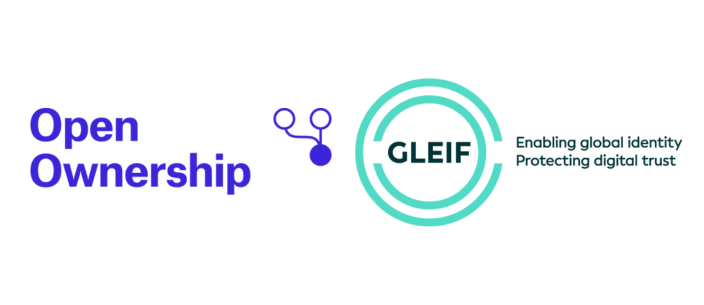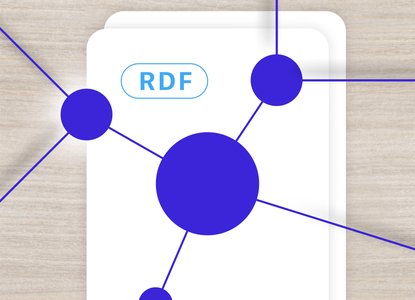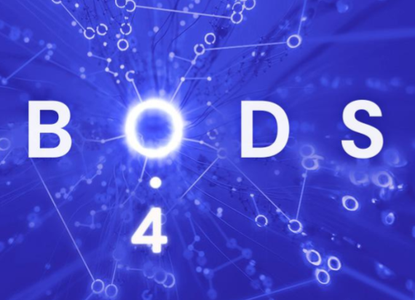Open Ownership adds Legal Entity Identifiers to its datasets, partners with GLEIF

Legal Entity Identifiers (LEIs) for more than 160,000 companies have been added to Open Ownership datasets, enabling greater connectivity between international beneficial ownership and corporate ownership datasets.
This development comes as Open Ownership announces a partnership with the Global Legal Entity Identifier Foundation (GLEIF), a foundation created to support the implementation and use of the LEI. This partnership has been enabled by an existing mapping process between OpenCorporates IDs and LEIs.
Open Ownership is the first third party in the world to utilise an existing LEI mapping product to create additional linkage to its data.
The use of the LEI is required by a growing number of national and international regulations, and Open Ownership will regularly update all Beneficial Ownership Data Standard (BODS) datasets to incorporate all LEIs which have been mapped to OpenCorporates IDs.
Why mapping datasets is crucial in the global fight against financial crime
Thom Townsend, Executive Director of Open Ownership, stated, “The availability of reliable identifiers for companies and other corporate vehicles in beneficial ownership datasets is essential to facilitate connections with other information. Higher-quality international beneficial ownership data is crucial to reduce risks such as corruption and tax evasion, and build trust and development opportunities. By adding LEIs to our datasets alongside OpenCorporates IDs, Open Ownership is helping data users worldwide.”
Open Ownership supports governments to make high-quality beneficial ownership data available, and works with governments, businesses and citizens to use it. We have developed the Beneficial Ownership Data Standard (BODS), an open standard providing guidance and a structured template for collecting, sharing and using high-quality, machine-readable data on beneficial ownership.
Now that the LEIs are in both datasets, you can look up corporate ownership information about Danish company Poul Elgaard Holding ApS for example in GLEIF data, and compare that with its beneficial ownership data. Using reliable identifiers to connect multiple datasets makes the data interoperable, and this means analysis by diverse actors will be simple, and accurate.
To demonstrate the value of having data produced in line with BODS, we have created a range of open source tools for mapping and republishing national beneficial ownership data after reconciling this information with bulk data from OpenCorporates, the largest open database of companies in the world. The resulting BODS datasets are published via bods-data.openownership.org and made searchable via the Open Ownership Register where users can explore data on entities or beneficial owners as well as being able to freely reuse all the data for analysis.
For more information, read the technical supporting documentation published via the GLEIF website or email [email protected].
Related articles and publications
Publication type
News article
Topics
Beneficial Ownership Data Standard,
Open Ownership Register
Sections
Technology
Open Ownership Principles
Access,
Structured data


